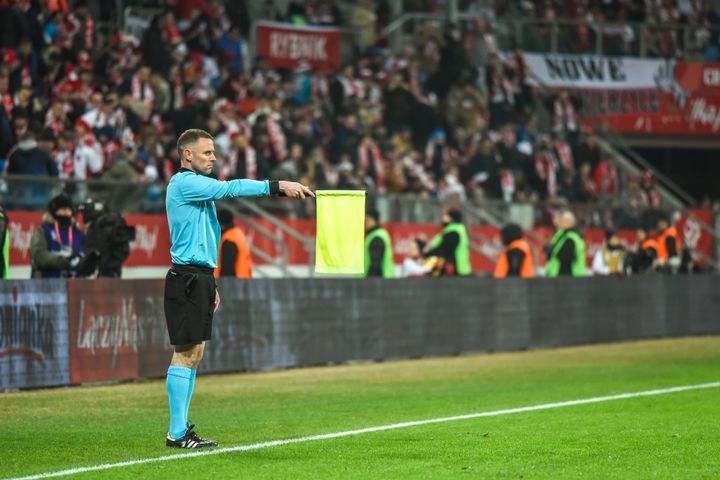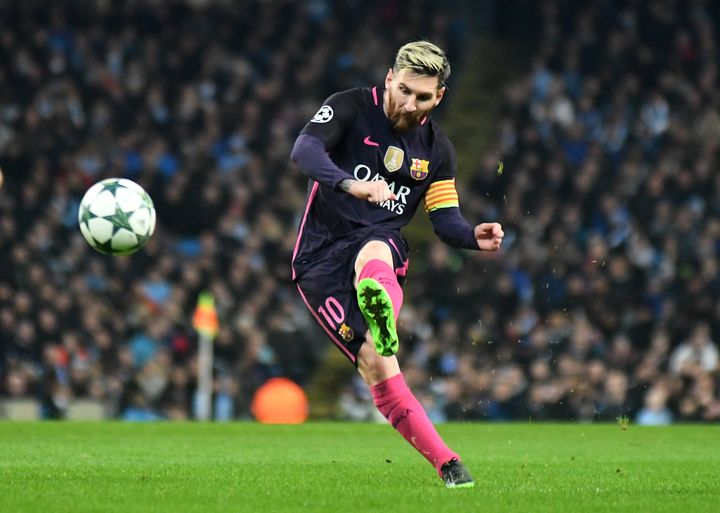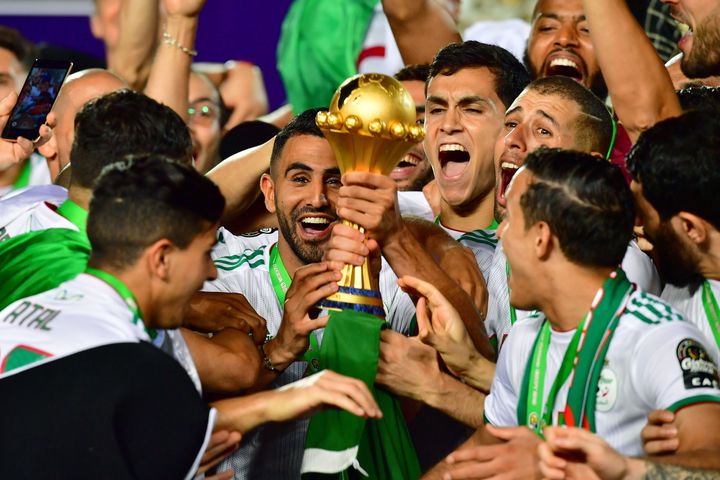How Long is a Soccer Game?
For many new soccer fans, it is unclear how long a soccer game should last. This article explains it in more detail.

if you are reading this article, it is likely that you are not an enthusiastic follower of the sport which is widely known as football in most parts of the world and is referred to as soccer in some regions. Or, maybe you are a regular fan who is annoyed with the duration of the match in progress and wants to verify that the regulations have not been changed without your knowledge. Let me explain...
The duration of a soccer game
To begin with, let us consult the official documents to get a better understanding of the essentials. It has been divided into:
Intervals of activity
The duration of a game is set as two 45-minute periods, however, the referee and both teams can decide to reduce the amount of time but only if it is allowed by the competition regulations. This rarely happens, only in non-competitive games.
The period between the two halves of a game
Participants in the game have the right to a break of no more than 15 minutes at halftime; a brief drink break of no more than one minute is permitted during the halftime of extra time. The regulations of the competition must detail the length of the break at halftime and it can only be adjusted with the official referee's authorization.
What is stoppage time?
Stoppage time and additional time refer to the amount of time that is added to the end of a soccer game to make up for any delays, such as injuries or substitutions, that occurred during the match. Typically stoppage time consists of two to six extra minutes of playing time.
The referee will account for any playing time lost in each half of the game, which will be signaled by the fourth official. This additional period can be extended by the referee, but not reduced.
These are scenarios that lead to extra stoppage time
- substitutions
- assessment and/or removal of injured players
- wasting time by players
- disciplinary sanctions
- medical stoppages permitted by competition rules e.g. ‘drinks’ breaks (which should not exceed one minute) and ‘cooling’ breaks (ninety seconds to three minutes)
- delays relating to VAR ‘checks’ and ‘reviews’
- any other cause, including any significant delay to a restart (e.g. goal celebrations)




